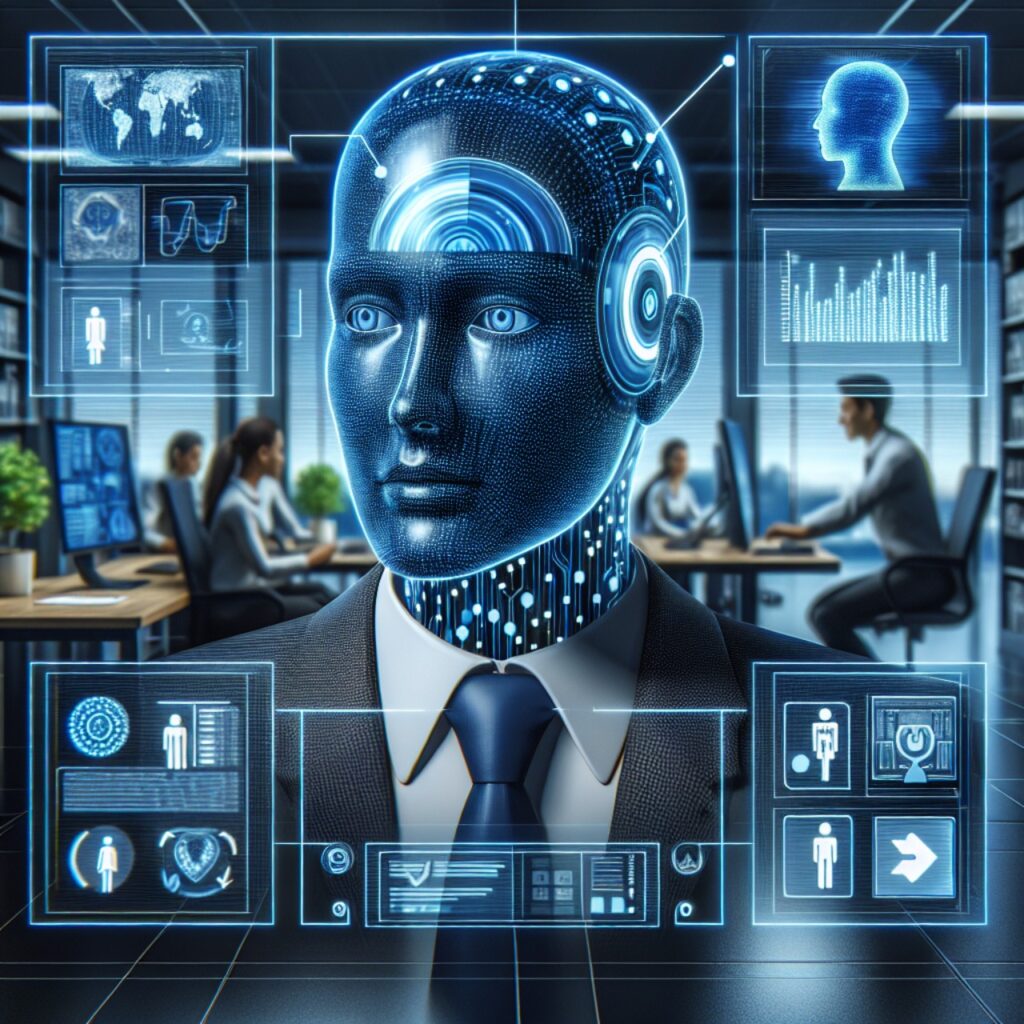The workplace could see a productivity and efficiency revolution thanks to generative AI, like OpenAI’s ChatGPT. Some businesses have used generative AI tools into workflows, including IBM and Spotify.
But because of instances of disinformation and data breaches, some people are initially treading cautiously.
In one well-known instance, a lawyer using ChatGPT to provide legal citations in a case against Colombian airline Avianca. There are concerns regarding the accuracy and dependability of such systems because the AI platform reported six instances that did not occur.
Leading U.S. institutions including Bank of America, Citicorp, and JPMorgan Chase, along with prominent firms like Apple, Samsung, and Verizon, have all outlawed the use of generative AI in the workplace, igniting a debate throughout the tech and financial industries.
Growing worries about accuracy, privacy, and possible legal repercussions have led to the decision. However, may corporations suffer a competitive disadvantage if generative AI is outlawed?
The major worries businesses have with generative AI are described by John Treadway, founder of AI Technology Partners.
According to Treadway, the main worry of most clients is disclosing customer information or other proprietary or sensitive information.
He also drew attention to issues with data protection methods, potential intellectual property theft, and the danger of bias being built into AI models.
Treadway opposes an outright prohibition on generative AI despite these worries.
A complete ban can put you behind your rivals because there is so much productivity benefit to be obtained, he said.
Instead, he advises businesses to create generative AI principles and rules and put controls in place to reduce risks.
A cybersecurity analyst at Tkxel Corporation named Drew Romero spoke about the decision made by his organization to forbid generative AI.
That decision was influenced by a number of things. First and foremost, they gave intellectual property and sensitive data protection top priority. According to Romero, generative AI has the potential to produce content that unintentionally violates copyright rules or divulges private information.
All Tkxel employees were harmed by the restriction, but those in creative positions like content creation and design were most affected. Romero thinks the advantages of maintaining data security and moral behavior, however, outweigh the drawbacks of the ban.
While there have been conflicting responses to the decision to outlaw generative AI, Treadway and Romero both agree that the technology has the potential to have a big influence on enterprises.
According to Treadway, generative AI has the ability to boost productivity, produce better results for clients and employees, and create new forms of engagement that we have only just begun to fully comprehend.
The future of generative AI in the workplace is still up for discussion. While some businesses might adopt bans in the same vein, others would decide to embrace the technology, putting an emphasis on minimizing risks and maximizing benefits.
Romero continued by saying that it was not completely ruled out for generative AI to return to the workplace. Any reevaluation, though, would depend on technological developments, improved security measures, and the creation of moral standards that appropriately address the worries about generative AI.














